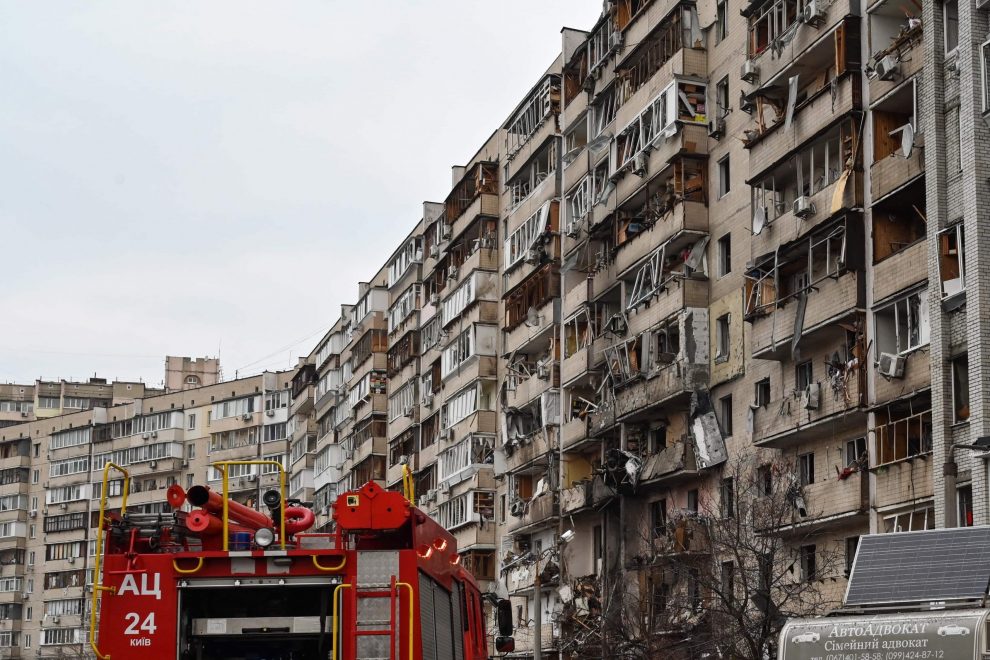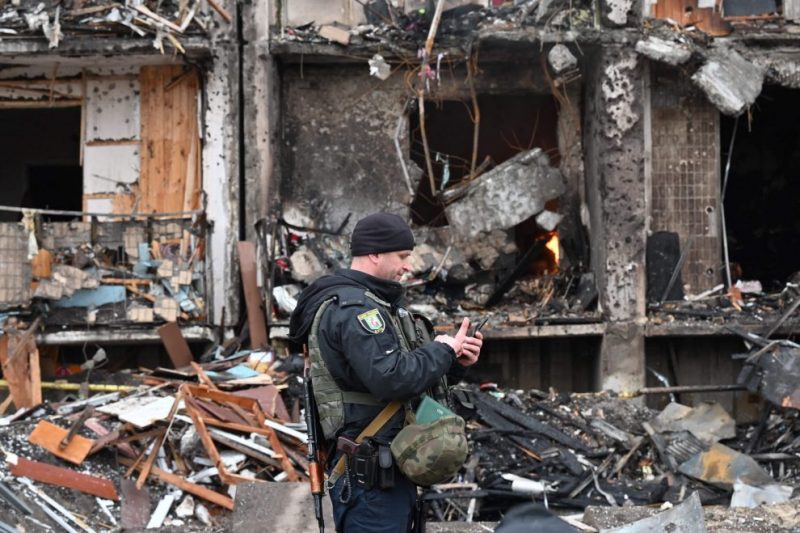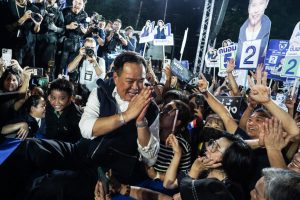Central banks in Asia face difficult choices over the consequences of the Russia-Ukraine war, with an immediate spike in the price of oil to above $100 a barrel, and longer-term imponderables over confidence, investment, trade and the financial system.
The issue is complicated in a region with a mix of large economies like China and India, export powerhouses like South Korea, plus emerging nations with different trade structures.
Nomura analysts said a sustained rise in oil and food prices would hit some Asian economies by weakening their current account and fiscal balances and squeezing growth, with India, Thailand and the Philippines likely the main losers.
Indonesia, an oil exporter, may benefit, they added.
“Central banks in developed Asia are likely to tighten policies due to the risk of second-round effects amidst an already strengthening economy, while central banks in emerging Asia are likely to prioritise still-weak growth,” Nomura analysts wrote in a research note.
The Bank of Japan (BOJ) is set to keep monetary policy ultra-loose for the foreseeable future.
While an expected rise in fuel would push up inflation closer to its 2% target, concern over the damage to consumption will likely exceed the need to combat inflation with tighter policy, analysts say.
“Rising fuel costs would hurt the economy so tightening policy would be difficult. But the hurdle for easing policy is even higher,” said Yoshiki Shinke, chief economist at Dai-ichi Life Research Institute.
“That means the BOJ will maintain the status quo for some time,” he added.
Policy Thrown Into Doubt
The turn by global central banks towards tighter, post-pandemic monetary policy has been thrown into doubt by Russia’s invasion of Ukraine, a geopolitical upheaval likely to be felt differently across the world’s major economic centres.

Central banks had been positioned for a head-on fight against inflation while expecting continued strong economic growth.
But, they may now see but growth ebb even as prices continue to surge, a conundrum not easily resolved with standard monetary policy strategies.
“For the major advanced economy central banks the intensification of the war now leaves them in a distinctly worse position,” Oxford Economics analysts wrote.
“The high starting point for inflation…will make it hard for central banks to ignore the near-term upward forces on inflation. But at the same time, they will be aware that the latest developments increase the risks of very low inflation in late 2023 or 2024 due to a weaker growth outlook.”
High inflation in the US and elsewhere makes it unlikely the Federal Reserve, the European Central Bank, and the Bank of England will fully pause what has been a joint turn towards tighter monetary policy.
Less than 24 hours after Russia’s invasion began, US Fed governor Christopher Waller laid out the case for raising US rates by a full percentage point by mid-summer.
“Of course, it is possible that the state of the world will be different in the wake of the Ukraine attack, and that may mean that a more modest tightening is appropriate, but that remains to be seen,” he said.
- Reuters, with additional editing by George Russell
READ MORE:
India’s Central Bank to Focus Energies on Economic Growth
China’s Central Bank Injects $47bn via Medium-Term Loans
Singapore Central Bank Hits DBS with Extra Capital Requirement
























